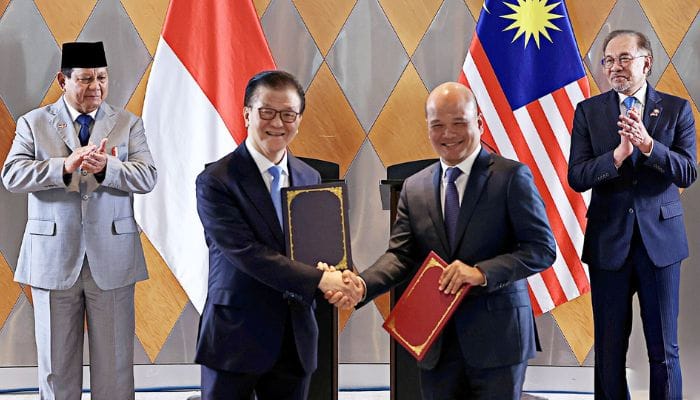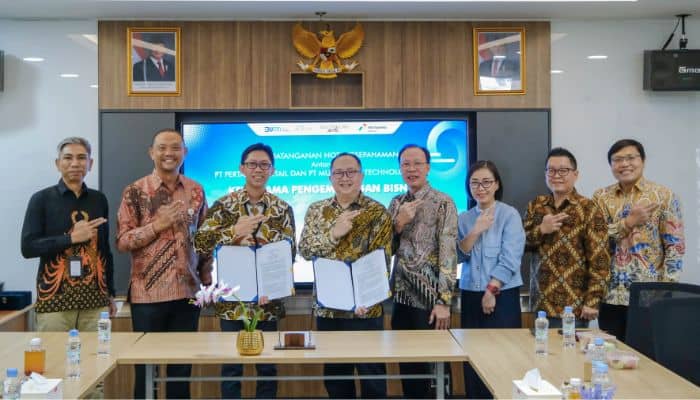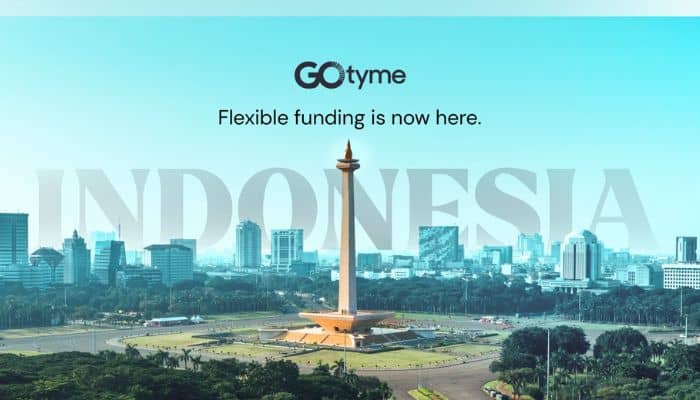Context-driven advertising strategies are reshaping the way brands connect with their audiences, ensuring campaigns resonate in environments that amplify their message. Programmatic advertising, long heralded for its precision and scalability, is evolving beyond basic targeting to embrace the nuances of context.
By aligning ads with content that complements a brand’s identity and objectives, advertisers can achieve a deeper, more meaningful engagement with consumers. As audiences grow increasingly savvy, context becomes a critical differentiator, bridging the gap between delivering ads that disrupt and those that add value.
For marketers and advertisers, embracing context is no longer optional; it’s necessary to foster trust, safeguard reputation, and drive results that resonate. As the industry moves forward, the ability to align messaging with the right environment will be pivotal for navigating the complexities of the digital advertising ecosystem.
In this case study, we explore how Samsung and Mindshare Indonesia sought cookieless solutions via Integral Ad Science’s (IAS) Context Control Targeting product to propel Samsung’s programmatic campaign goals while prioritising budget efficiency.
The Challenge
Despite Samsung Galaxy Z Flip 4 and Z Fold4 achieving stunning results in 2022, Samsung Indonesia recognises that reaching its core Gen MZ target audience will be more challenging in 2023 due to the fast-paced environment and evolving consumer behaviour. Samsung has consistently employed sophisticated targeting strategies, incorporating first-party data with retargeting, maintaining a presence with premium publishers, and utilising keyword targeting.
The Objective
Samsung aims to launch its latest foldable phone and use programmatic advertising to target Gen MZ precisely, particularly during the sustenance phase of the campaign. Applying lessons from previous campaigns, Samsung adopted a more granular targeting approach for the new foldable phone. This is to ensure the delivery of relevant messaging to the target audience while simultaneously improving efficiency in terms of quality website traffic by 20%.
The Solution
As Samsung’s campaign transitioned from awareness to performance, the focus shifted to driving quality traffic and conversions. Display advertising, representing 12% of the budget and executed programmatically, emerged as a key driver of high-value site visits.
To maximise the effectiveness of this channel, Samsung implemented IAS’s contextual targeting with sentiment detection. This technology layered an additional level of precision, enabling Samsung to refine its audience targeting beyond traditional methods like DSPs, DMPs, Floodlight, and PMPs.
IAS’s predictive science pre-screens and categorises pages using emotion & sentiment analysis, enabling the brand to target the most desirable and relevant content.
To drive campaign efficiency, Samsung implemented a three-layered optimisation strategy within programmatic display and its targeting setup. This strategy encompassed audience segmentation, budget allocation, and creative optimisation.

- Audience Level: In addition to standard DSP audiences, floodlight, and PMP, Samsung leveraged third-party audiences through IAS’s contextual targeting with sentiment detection. This included segments like:
- Consumer Electronics – Samsung
- Consumer Electronics – Smartphones, Tablets
- Consumer Electronics – Wearables
- Tech Enthusiasts
- Budget Optimisation: Budgets were dynamically adjusted based on weekly performance. DSP audience budgets were reduced and reallocated to resources directed towards higher-performing third-party audiences by almost 66%.
- Contextual Relevance and Asset Optimisation: To maximise impact, Samsung prioritised contextual relevance and optimised asset size for message delivery.
This three-layered approach provided Samsung with detailed metrics on inventory quality, traffic quality, and click-through rates. The contextual targeting layer offered deeper insights into page sentiment and emotion, enabling more precise campaign alignment. This cookieless targeting strategy fostered confidence and provided valuable data to drive superior campaign results.
The Results
The campaign was able to drive efficiency for Samsung Indonesia. Testing new audience targeting delivered 57% lower cost per quality traffic, 300% higher CTR, and 65% lower cost per click compared to the second-best targeting alternative.
- Volume of measured impressions: 39 million impressions
- 300% higher CTR than the next best-performing line item (data hub)
- 57% cheaper cost per marketing visit compared to the next best-performing line item which is PMP Premium Publisher
IAS’s contextual targeting solution managed to deliver the ads to the relevant content, which aligns with research showing that relevant ads have higher receptivity, favorability, and memorability for the audience. This means that the audience will tend to interact more with the ad, giving Samsung ads a higher chance of being clicked. This resulted in higher traffic and quality traffic for Samsung.
Post the campaign, IAS’s analysis found that the contextual targeting managed to deliver the best results, across all media metrics: CTR, cost per visit, cost per quality traffic, and even cost per add-to-cart.










